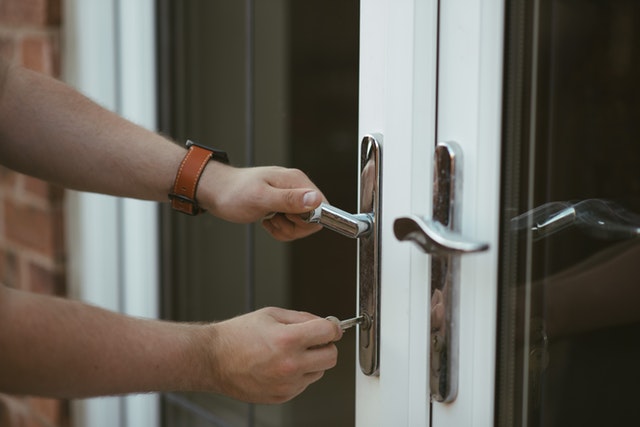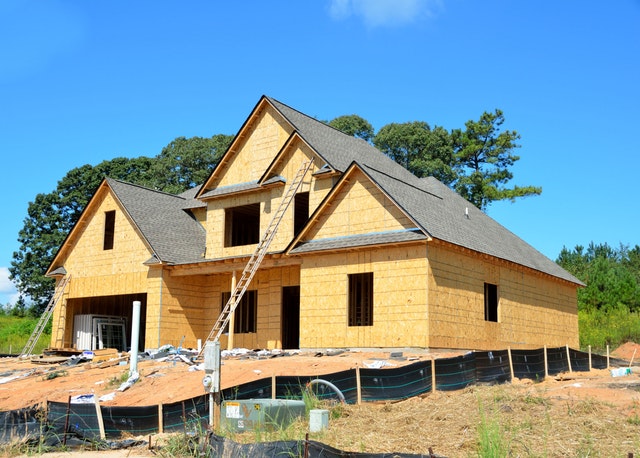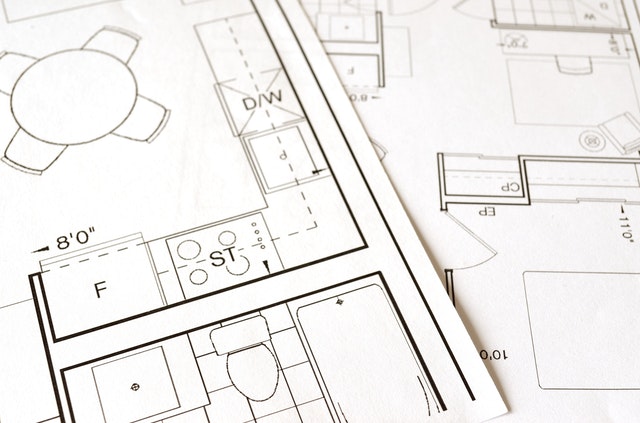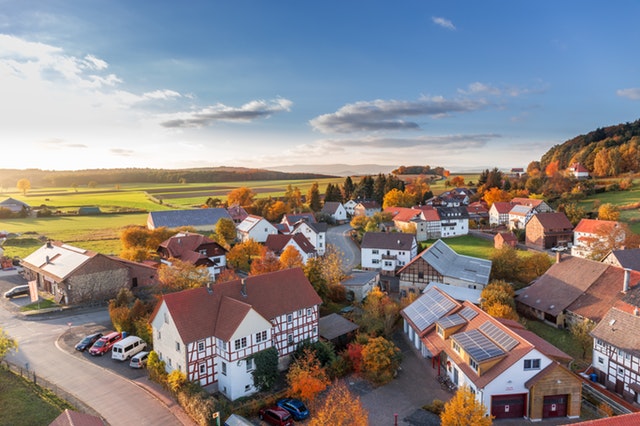5 First Steps For New Homeowners
 As a new homeowner, now is the time to take control and organize your house for safety and security. The following first five steps should be carried out in the first few weeks if possible.
As a new homeowner, now is the time to take control and organize your house for safety and security. The following first five steps should be carried out in the first few weeks if possible.
1. Change The Locks
There’s no way of knowing if the previous owners gave copies of the house keys to a friend, neighbor or cleaning staff. The very first thing you should do when you take ownership is to re-key the locks on all the doors, including the garage and any outbuildings there may be on the property.
Alternatively, you can install brand new locks. Either way, a locksmith can take care of this for you.
2. Locate Shut-Off Valves
Don’t wait until a water leak to run around searching for the main shut-off valve. Instead, take a few minutes to locate all the shut-off valves for your new home. Write down their locations and post the list next to your circuit breaker.
3. Label The Circuit Breaker Switches
As the new homeowner, you’ll want to know what each circuit breaker switch controls. Work with a family member to methodically go through and flip each switch off and on to figure out the controls. Then carefully label each switch so you never have to guess again.
4. Place Fire Extinguishers
Be ready for a small fire emergency by placing fire extinguishers in each room of your new home. For the kitchen and garage especially, be sure to purchase the correct type of fire extinguisher. The labels on the extinguishers will guide your decision. Even bedrooms could have at least a small extinguisher handy, in case of an electrical malfunction.
5. Survey The Land
It pays to walk the land around your property to visually survey it. You’ll want to know about potential issues, such as poison ivy growth or a broken fence panel. You might also find some happy surprises like a hidden rosebush or a nest of birds.
Taking the time to do these five steps will assist in making your new home more enjoyable for your family. They will also help you to familiarize yourself better with your new property.
If you are in the market for a new home or interested in refinancing your current property, be sure to contact your trusted mortgage professional.

 A home is one of the biggest investments you can make, and the American Dream for many. Most people spend significant time finding or designing their “dream home.” The first decision is whether to buy or build.
A home is one of the biggest investments you can make, and the American Dream for many. Most people spend significant time finding or designing their “dream home.” The first decision is whether to buy or build.  Savvy home buyers often get great deals on new home constructions by asking for deals and discounts and doing some up-front research.
Savvy home buyers often get great deals on new home constructions by asking for deals and discounts and doing some up-front research.  The housing market has been trending in a positive direction and economic indicators point to new home construction going vertical.
The housing market has been trending in a positive direction and economic indicators point to new home construction going vertical. It pays to start with a solid strategy when you have to house hunt from afar.
It pays to start with a solid strategy when you have to house hunt from afar.